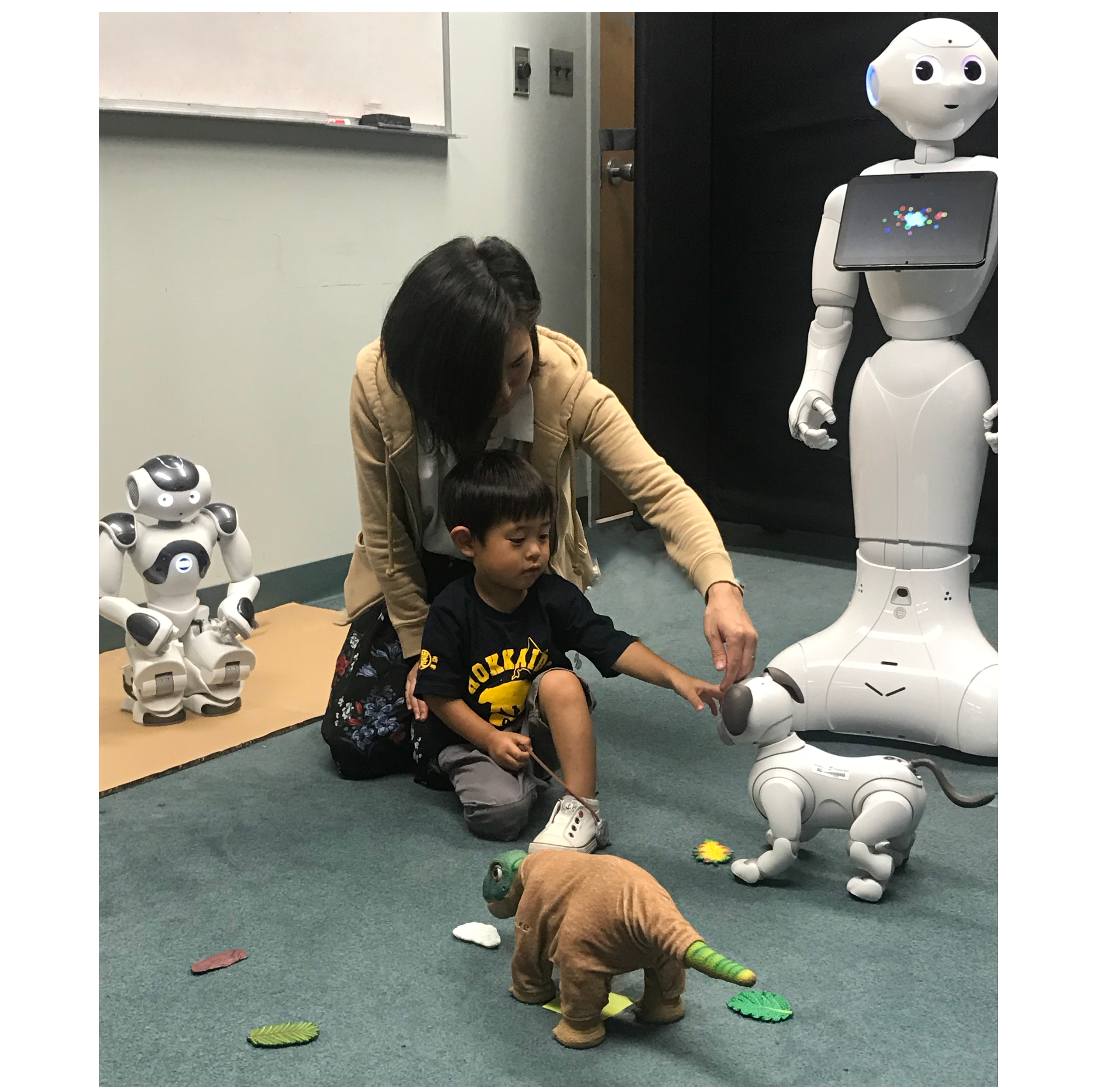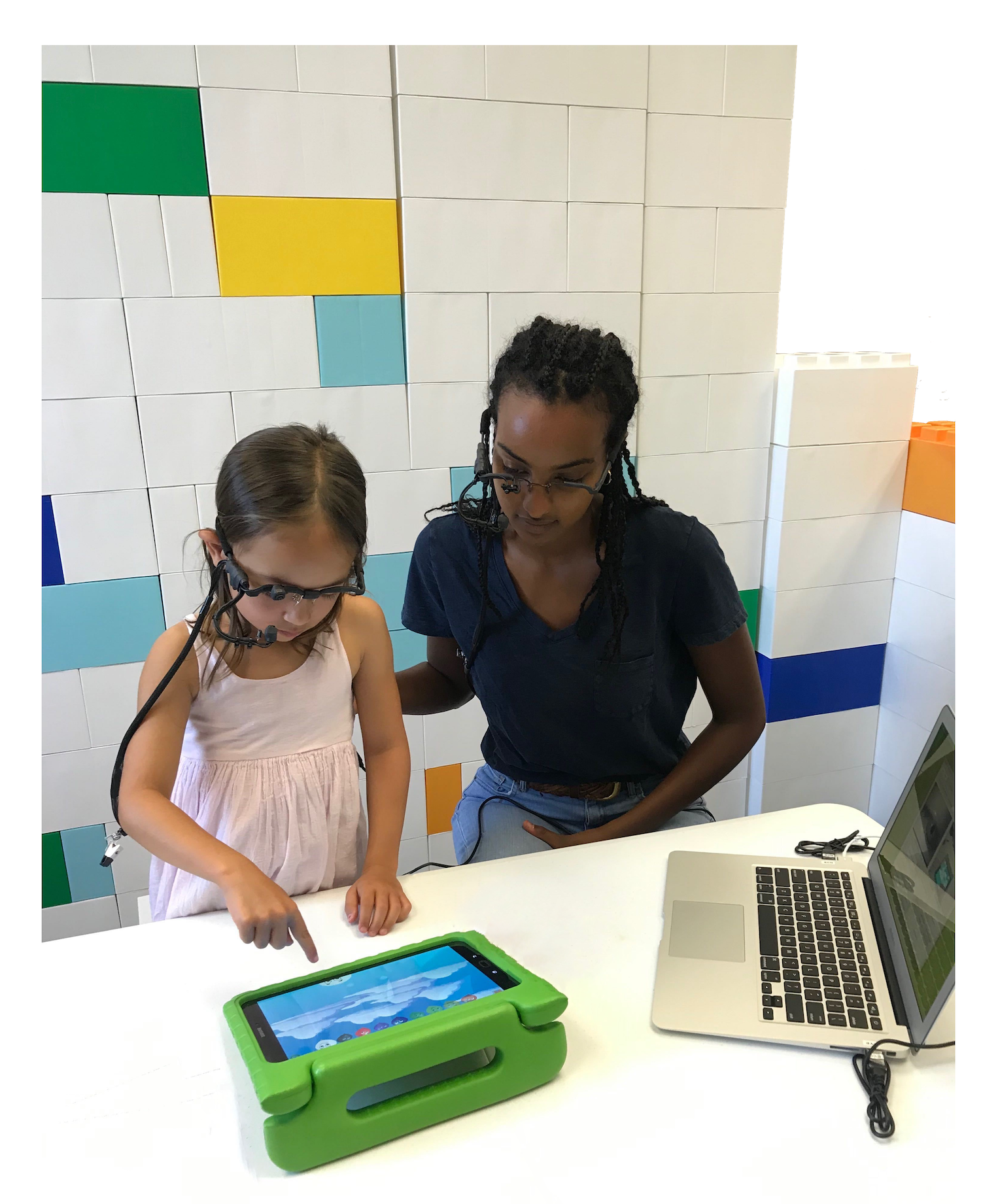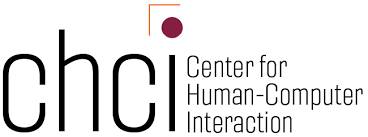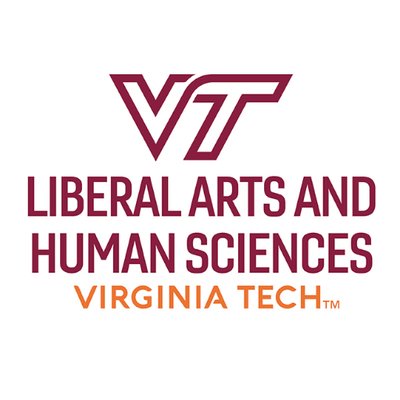Research

Children’s active learning with interactive technology
Our research aims to support children’s active learning with interactive technologies, including touchscreen tablets, video chats, voice assistants, and social robots. We found that active interactions with technological sources have the potential to promote children’s exploration, information seeking, and learning. In our current studies, we are examining 1) child-adult joint play with interactive touchscreens and videoconferencing devices, 2) children’s perception, curiosity, and learning from social robots, 3) the role of question asking in video chat and AI voice assistant systems, and 4) children’s beliefs about various technologies.
Collaborators: Myounghoon Jeon (Mind Music Machine (tri-M) Lab; Industrial and Systems Engineering at VT) Tae-Ho Lee (Affective Neurodynamics and Development (AND) Lab; Psychology at VT) Chelsea Lyles (The Center for Educational Networks and Impacts (CENI) at VT) Phyllis Newbill (The Center for Educational Networks and Impacts (CENI) at VT) Ariana Wyatt (Performing Arts at VT) Tanner Upthegrove (Institute for Creativity, Arts, and Technology at VT) Elizabeth Bonawitz (Computational Cognitive Development Lab; The Harvard Graduate School of Education) Jinjing Jenny Wang (Cognition and Learning Center (CALC) at Rutgers University–New Brunswick) Caroline Hornburg (Learning and Development Lab; Human Development and Family Science at VT) Neelma Bhatti (Computer Science at VT) Carla Macias (Psychology at Rutgers-Newark) Kimele Persaud (Psychology at Rutgers-Newark) Martin Zettersten (Psychology at Princeton University) Sang Won Lee (Computer Science at VT) Daniel Vargas Díaz (Computer Science at VT) Sulakna Karunaratna (Computer Science at VT) Abby Walker (English at VT) Yan Chen (Computer Science at VT) Qin Zhu (Engineering Education at VT)

Children’s visual attention to technology
We examine eye movements during complex and dynamic video viewing as a way to understand how learners process information during viewing. We found that children’s attention is driven by the presence and relevance of interactive features in media. Currently, we are examining 1) the role of executive functioning (e.g., working memory, inhibitory control) in learners’ visual attention and comprehension of mobile media content and 2) how the characteristics of media characters guide children’s visual attention and learning.
Collaborators: Benjamin D. Katz (Human Development and Family Science at VT) Adrienne Holz Ivory (Communication at VT) Gota Morota (Animal and Poultry Sciences at VT) Rebekah Richert (Childhood Cognition Lab (CCL) at University of California, Riverside) John Franchak (Perception, Action, and Development (PAD) Lab at University of California, Riverside) Molly Schlesinger (Childhood Cognition Lab (CCL) at University of California, Riverside) Martha Ann Bell (Cognition, Affect, and Psychophysiology Lab (The CAP Lab) at VT)

Children’s technology use in family and social contexts
We study the extent to which children’s technology use is influenced by family processes and social contexts such as parent-child interaction, parental stress, and family income. We found that parenting stress and family income are linked to children’s thinking and use of technology. Currently, we are examining 1) parent-child interaction in the presence of different technologies and 2) the role of parental beliefs and stress in children’s technology use.
Collaborators: Cynthia Smith (Children’s Emotions Lab; Human Development and Family Science at VT) Eunkyung Lucy Shin (Fralin Biomedical Research Institute at VTC) Diana Devine (Children’s Emotions Lab; Human Development and Family Science at VT) Candy Beers (Human Development and Family Science at VT) YeaJi Hong (Child Studies at Inha University)
Support
Our research has been supported by the National Institutes of Health (NIH), the National Science Foundation (NSF), the Caplan Foundation for Early Childhood, and by Virginia Tech’s Institute for Creativity, Arts, and Technology (ICAT), the Center for Human Computer Interaction (CHCI), the Center for Humanities (CH), the Institute for Society, Culture and Environment (ISCE), the College of Liberal Arts and Human Sciences (CLAHS).




